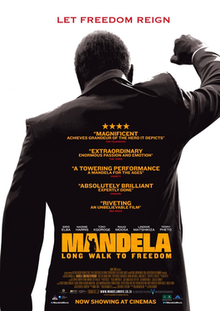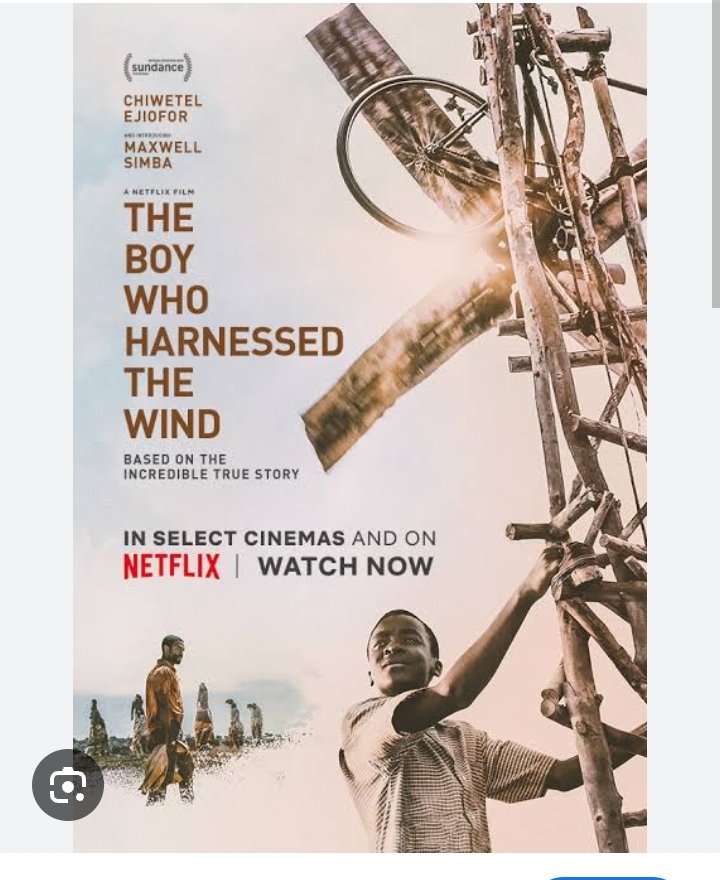Comprehensive Review of Mandela: Long Walk to Freedom (2013) From a Family Strengthening, Securing a Friendly and Protective Environment for Children®, and Rights-Based Parenting® Perspective.

Introduction:
Mandela: Long Walk to Freedom is a biographical film that chronicles the life of Nelson Mandela, from his early years and his anti-apartheid activism to his 27-year imprisonment and subsequent presidency. Directed by Justin Chadwick, the film is an adaptation of Mandela’s autobiography and delves into his personal and political journey.
While the film primarily focuses on Mandela’s role in fighting apartheid, it offers valuable insights into parenting, family dynamics, and the broader societal responsibility toward securing a safe and nurturing environment for children.
Lessons from Mandela: Long Walk to Freedom
The film captures the difficult balance Mandela faced between his role as a father and his responsibilities as a leader in the fight against apartheid. His long imprisonment left his children physically and emotionally distant from him, despite his attempts to stay connected through letters.
Winnie Mandela, on the other hand, assumed the role of a single parent, raising their children in an unsafe, politically volatile environment. Her resilience exemplifies the sacrifices caregivers make to ensure stability for their children, even under extreme circumstances.
From a Rights-Based Parenting® perspective, the film highlights the importance of ensuring that children feel emotionally secure, even in the absence of one or both parents. While circumstances may limit physical presence, maintaining communication, showing affection, and explaining challenging situations in age-appropriate ways can preserve the parent-child bond.
The film vividly depicts the impact of apartheid on families and children. Children grow up surrounded by violence, systemic injustice, and discrimination, threatening their emotional and physical well-being. The traumatic experiences of children in these settings highlight the urgent need to Secure a Friendly and Protective Environment for Children®.
Creating safe spaces for children goes beyond protecting them from harm—it involves building communities that promote tolerance, diversity, and justice. The film reminds us that systemic change, driven by advocacy and education, is vital to creating such environments.
While the Mandelas endured separation and turmoil, their story reflects the resilience of families who find strength in their shared values and hope for a better future. Winnie’s unwavering commitment to raising her children and supporting her husband’s vision underscores the critical role of caregivers in times of crisis.
This aligns with Family Strengthening principles, which emphasize the importance of community support. When families are supported by extended relatives, neighbors, and societal structures, they are better equipped to handle adversity. Communities should prioritize providing resources like counseling, financial assistance, and educational programs to support families in need.
Lessons for Modern Families and Communities
The challenges depicted in Mandela: Long Walk to Freedom resonate with many families today. From balancing professional commitments with parenting to dealing with societal pressures, Mandela’s story offers valuable lessons:
- Parenting is a Shared Responsibility: The film highlights the importance of co-parenting and community involvement. When one parent is unavailable, the extended family and community can step in to ensure the child’s emotional and physical needs are met.
- Teach Values Through Adversity: Mandela’s journey teaches forgiveness, resilience, and hope—values that parents can instill in their children, even during challenging times. Modeling these values in everyday interactions helps children develop emotional strength.
- Advocate for Safe and Supportive Communities: Unsafe environments like those under apartheid are detrimental to children’s growth. Families and communities must advocate for policies that prioritize children’s rights and ensure their well-being.
- Keep the Parent-Child Bond Alive: Mandela’s letters to his children are a testament to the power of communication in maintaining emotional connections. In today’s digital age, parents can use technology to bridge gaps caused by physical separation.
Conclusion
Mandela: Long Walk to Freedom is more than a historical narrative; it’s a blueprint for resilience in the face of adversity. By reflecting on its lessons, families and communities can build systems that protect children, foster unity, and ensure a brighter future for all.
As Mandela himself said, “History will judge us by the difference we make in the everyday lives of children.” Let this film inspire us to make that difference—starting with our families and communities.





